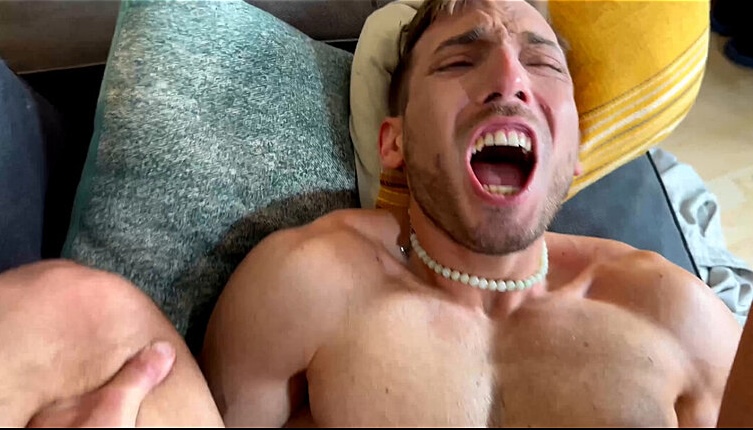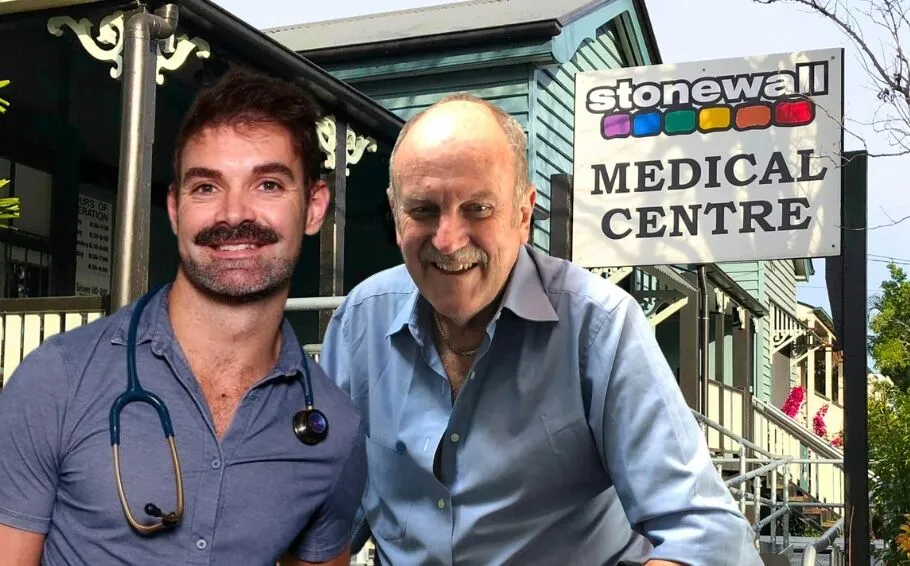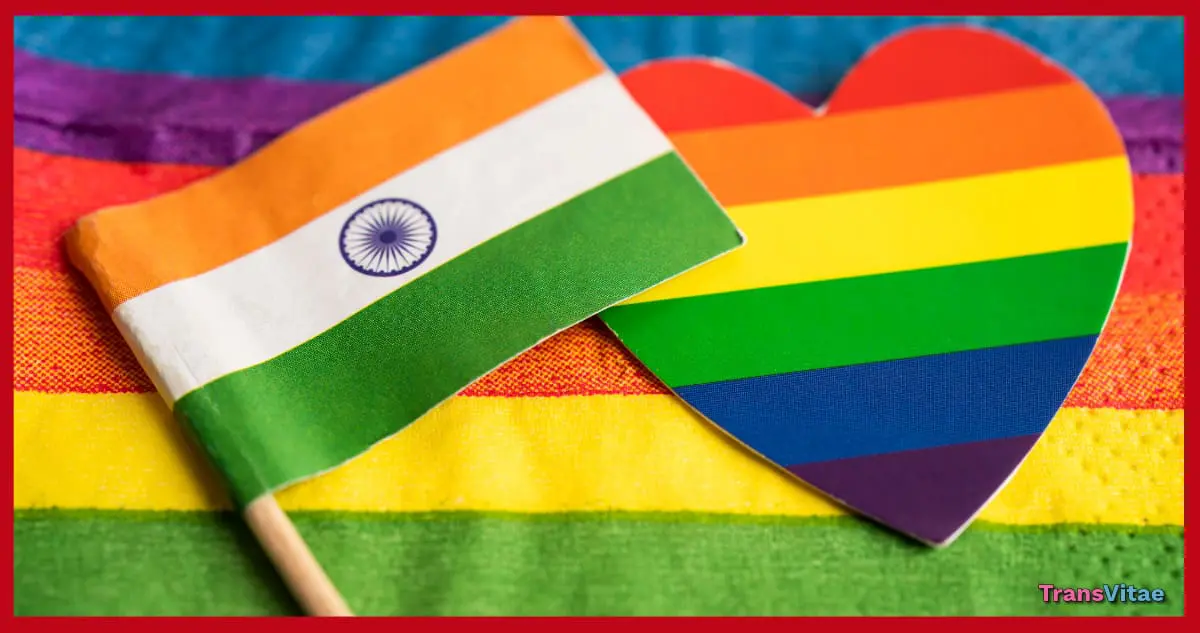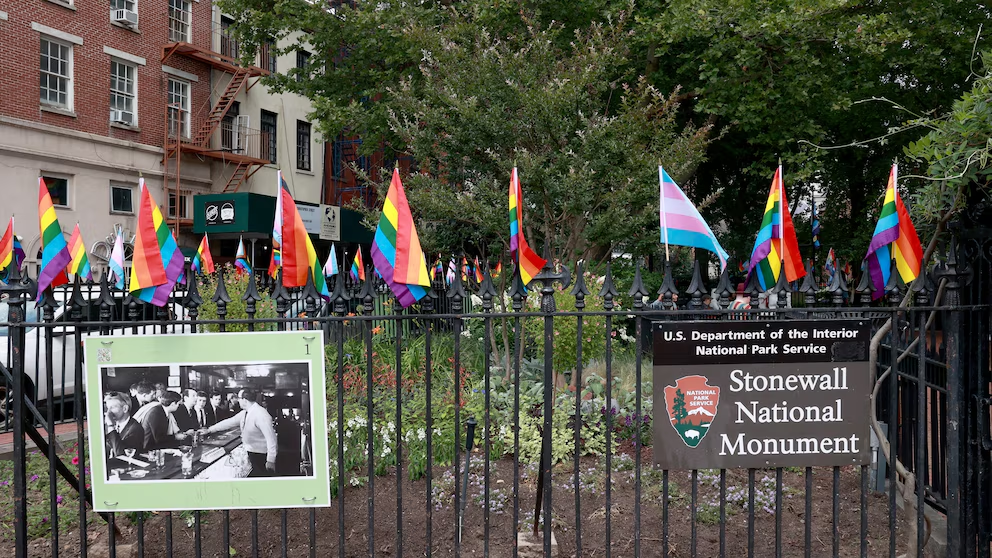In the kaleidoscope of gay love and lust, where emotions swirl with raw intensity, the intersection of mental health conditions like schizophrenia and bipolar disorder adds a layer of complexity that can deepen intimacy. For gay men navigating these conditions, the interplay of sex differences—biological, psychological, and social—shapes not only their mental health but also their sensual and sexual experiences. This article dives into the juicy, emotional, and fact-based exploration of how these disorders influence eroticism, sensuality, and intimate relationships within gay culture, revealing a world where vulnerability becomes a gateway to profound connection.
Love: The Emotional Pulse of Connection
In gay relationships, love is often a dance of vulnerability and strength, especially when one or both partners live with schizophrenia or bipolar disorder. Research highlights that men with schizophrenia may experience more severe negative symptoms—like emotional withdrawal—while women often face more affective symptoms, such as depression or anxiety. For gay men, this can manifest as a partner who craves closeness yet struggles to express it, creating a dynamic where love becomes an act of patient unraveling. The slow burn of understanding a partner’s inner world, punctuated by moments of raw emotional exposure, can feel like an erotic unveiling, where each shared secret tightens the bond.
In bipolar disorder, sex differences also play a role. Men tend to experience more manic episodes, marked by heightened energy and impulsivity, while women may lean toward depressive episodes. In gay relationships, a manic partner’s sizzling, uninhibited desire can ignite passionate encounters, where nights blur into mornings under the haze of mutual longing. Yet, the depressive lows demand a different kind of intimacy—one where touch, whispered affirmations, and quiet presence become acts of devotion. This oscillation between fire and stillness fosters a love that is both tender and electrifying.
Lust: The Erotic Edge of Mental Health
Lust in the context of schizophrenia or bipolar disorder is a complex beast, shaped by biology and amplified by the unique dynamics of gay relationships. Studies show that men with schizophrenia may experience reduced libido due to antipsychotic medications, yet their desire for connection remains fierce. In gay culture, where physicality often serves as a language of love, this creates a sensual tension. A lover’s touch—a hand tracing the curve of a spine or lips brushing against a collarbone—becomes a lifeline, grounding a partner whose mind might feel adrift. These moments of physical intimacy, charged with emotional weight, transform lust into something sacred.
Bipolar disorder, on the other hand, can supercharge sexual desire during manic phases. For gay men, this can translate into wild, uninhibited nights where boundaries blur and bodies speak louder than words. A 2019 study in *The Journal of Sexual Research* noted that men with bipolar disorder often report hypersexuality during mania, which, in the context of gay relationships, can lead to encounters that feel like cinematic scenes from *Call Me by Your Name*—all heat, sweat, and unspoken promises. Yet, the crash into depression can shift lust into a quieter, more nurturing sensuality, where partners explore each other’s bodies with reverence, seeking solace in skin-to-skin contact.
Erotic Experiences: Stories from the Heart
The gay community has long celebrated storytelling as a way to weave eroticism and emotion into cultural tapestries. For those with schizophrenia or bipolar disorder, these stories take on a heightened intensity. Take, for instance, the experience of Arjun, a 32-year-old gay man living with bipolar disorder in Mumbai. During his manic episodes, he describes his encounters as “a fever dream of desire, where every touch feels like it could set the world on fire.” His partner, Rohan, learned to navigate these highs, channeling Arjun’s energy into nights of passionate exploration, only to hold him through the lows with equal tenderness.
“In our community, we don’t just fuck—we connect, we heal, we worship each other’s brokenness,” says Arjun, quoted in a 2024 *PinkNews* feature on mental health in queer spaces.
Similarly, schizophrenia can create a unique erotic landscape. A 2023 *Out* magazine profile shared the story of Vikram, who experiences auditory hallucinations but finds solace in his partner’s physical presence. “When the voices get loud, his hands on me are louder,” Vikram said. These stories reveal how mental health conditions, shaped by sex differences, amplify the erotic charge of intimacy, turning every encounter into a battle won together.
Wellness: Nurturing the Body and Soul
Wellness in gay relationships, especially when navigating schizophrenia or bipolar disorder, is a sensual act of care. Men with schizophrenia may face challenges like weight gain or sexual dysfunction from medications, which can impact body image and desire. Partners often become co-conspirators in reclaiming sensuality, using massage, yoga, or even playful experimentation in the bedroom to restore confidence. The act of undressing a partner slowly, with intention, becomes a ritual of affirmation, where every scar or curve is celebrated.
For those with bipolar disorder, wellness means balancing the highs and lows. Gay couples often create rituals—shared baths, candlelit dinners, or quiet mornings tangled in sheets—that ground their relationship in sensuality. A 2025 study in *The Lancet Psychiatry* noted that men with bipolar disorder benefit from stable routines, which in gay relationships often translate into intimate moments that feel both grounding and erotic. The slide of warm oil on skin during a massage or the rhythm of synchronized breathing during meditation becomes a bridge between mental health and physical desire.
Culture: The Gay Lens on Mental Health and Eroticism
Gay culture has always been a vibrant tapestry of resilience and rebellion, and mental health challenges like schizophrenia and bipolar disorder add vivid threads to this narrative. From the sultry beats of *Rocketman*’s soundtrack to the raw vulnerability of *Moonlight*, gay media celebrates the intersection of mental health and sexuality, portraying characters who love fiercely despite their struggles. In clubs and bars across cities like New Delhi or San Francisco, gay men share stories of navigating these disorders, their voices thick with pride and desire.
“Our love is louder than our demons,” said a prominent gay activist in a 2025 *Vogue India* feature on queer mental health.
This cultural lens transforms the challenges of schizophrenia and bipolar disorder into opportunities for deeper connection. The gay community’s emphasis on chosen family means partners become allies in mental health battles, their intimacy a defiant act against stigma. Whether it’s a stolen kiss in a crowded club or a slow dance in a quiet apartment, these moments are imbued with an eroticism that transcends the ordinary, fueled by the unique interplay of sex differences and mental health.














0 Comments